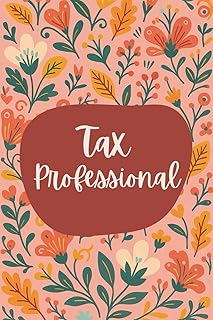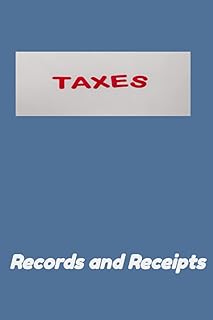As the 2025 Fringe Benefits Tax (FBT) year concludes, it’s crucial to differentiate between business travel, living away from home, and relocation to determine FBT treatment accurately. Understanding these distinctions is vital as they impact how benefits provided to employees are treated for tax purposes.
Notably, the 2025 FBT year introduces alternative record-keeping methods to simplify administrative processes for employers. This shift eliminates the need for traditional employee travel diaries and declarations, streamlining the documentation requirements. Let’s delve into these alternative record-keeping options and their implications for employee travel.
When it comes to employee travel, it’s essential to distinguish between business travel, living away from home, and relocation. Each type carries distinct FBT implications, necessitating a thorough review of travel arrangements to ensure accurate classification. Employers should establish robust processes to capture and categorize travel data effectively.
Business travel involves employees traveling for work-related purposes, with expenses directly connected to employment duties. On the other hand, living away from home refers to temporary relocations for work, incurring living expenses that are generally non-deductible. Relocation entails permanent moves for employment, with various benefits available to assist with associated costs.
The Australian Taxation Office (ATO) provides guidance on distinguishing between these travel types and the deductibility of expenses, aiding employers in compliance. Employers must carefully assess each travel instance to determine the appropriate classification, considering factors like duration, location, and purpose of travel.
For employees living away from home, employers may provide a Living Away From Home Allowance (LAFHA) to offset additional expenses. The tax treatment of LAFHA fringe benefits depends on specific circumstances, with taxable values varying based on factors like duration and nature of the arrangement.
Relocation benefits, such as hiring relocation consultants or covering removal and storage costs, offer tax exemptions and reductions for employers. Understanding the available concessions and exemptions is crucial to managing FBT costs effectively when providing relocation assistance to employees.
The 2025 FBT year introduces alternative record-keeping methods to alleviate the administrative burden on employers. These provisions offer compliance relief by providing flexibility in documenting employee travel and living arrangements, reducing the reliance on traditional travel diaries and declarations.
Employers should familiarize themselves with the criteria for using alternative records and ensure compliance with the ATO’s legislative instruments. While these methods offer flexibility, employers must still meet specific information requirements to claim FBT exemptions or reductions based on alternate documentation.
As the FBT landscape evolves, employers should stay informed about regulatory changes and ensure their processes align with updated requirements. Effective classification of travel instances, documentation of benefits provided, and adherence to FBT guidelines are essential for managing tax obligations and compliance in the dynamic business travel environment.
📰 Related Articles
- World Travel Market Africa 2025: Driving Sustainable Tourism Growth
- Top Summer Travel Essentials for 2025: Stay Cool and Organized
- Smart Travel Gear Revolutionizing Journeys in 2025
- Prime Day 2025: Deals Await on Travel, Tech, and More
- Lima Gears Up for LIMA 2025: Travel Advisory Issued






